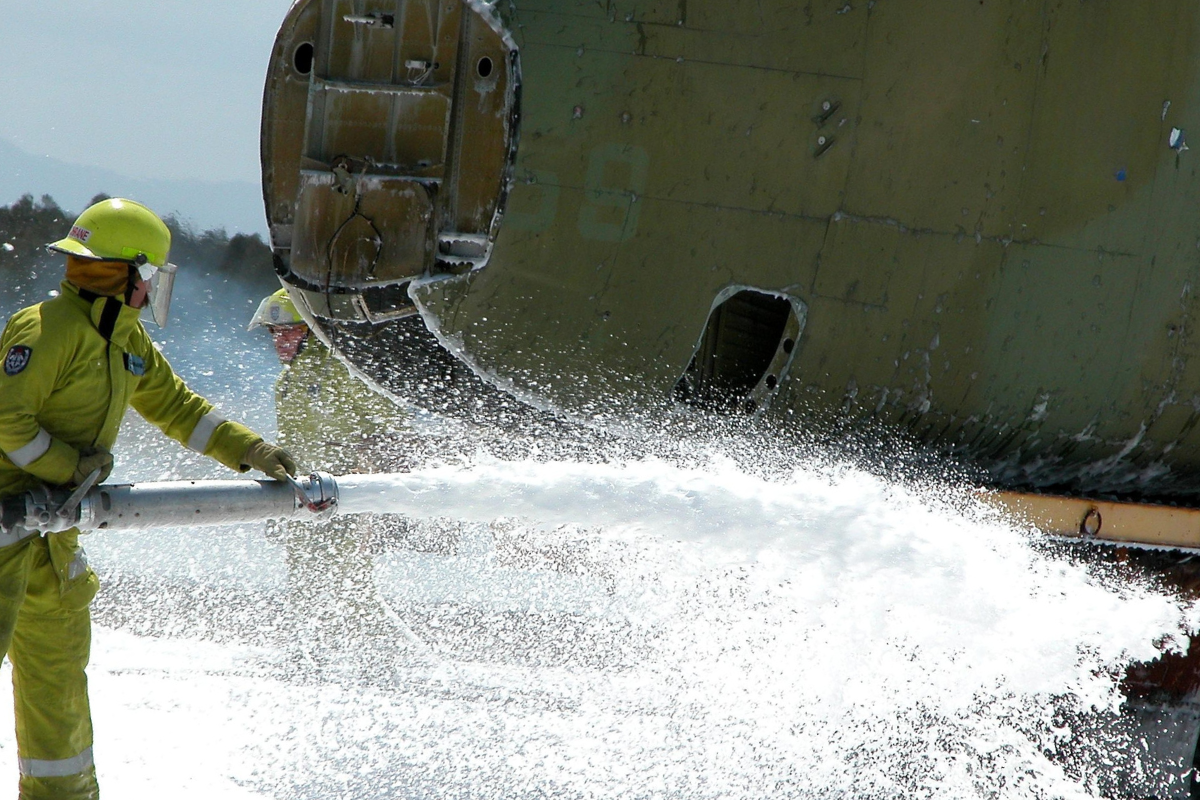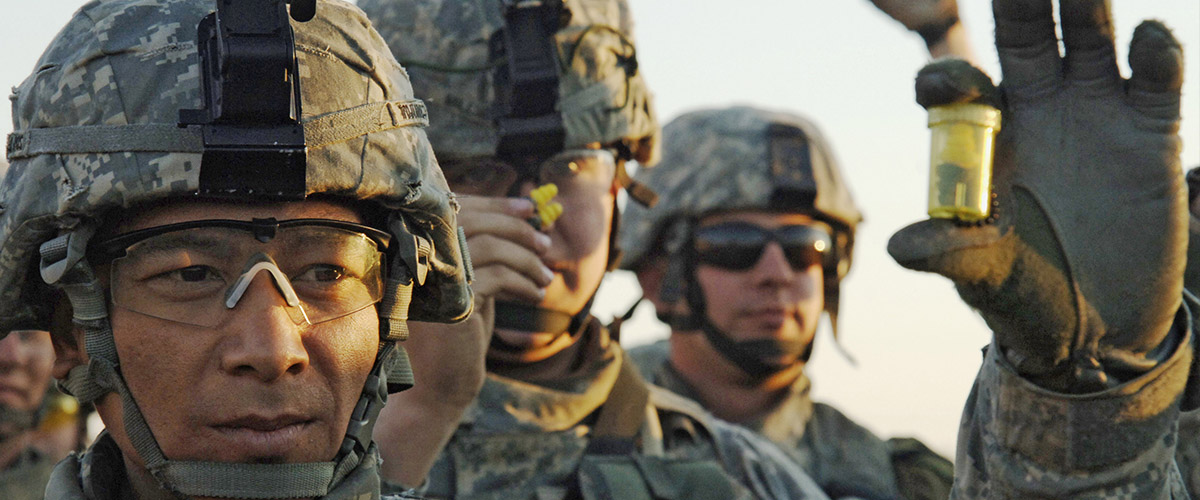
AFFF and PFAS Exposure on Military Bases
Aqueous Film Forming Foam (AFFF) has been used since the 1960s for fire suppression on military bases, airports, and other fire training facilities. AFFF contains perfluoroalkyl substances (PFAS), which are a group of man-made chemicals that include perfluorooctanoic acid (PFOA) and perfluorooctane sulfonate (PFOS), also known as “forever chemicals.”
What to Know About PFAS, or “Forever Chemicals”
Per-and polyfluoroalkyl substances (PFAS) are widely-used synthetic chemicals that have a carbon-fluorine bond. This bond makes PFAS very difficult to break down in the environment and in the human body. There are hundreds of PFAS; however, PFOA and PFOS are the most common.
Because PFAS are so stable, they are often used in manufacturing and can be found in products like:
- Non-stick cookware
- Water-repellent clothing
- Stain-resistant fabrics
- Carpets
- Cosmetics
- Firefighting foams
While the stability of PFAS makes them excellent for manufacturing, that same stability can cause serious health issues for people who have been exposed to PFAS because the chemicals do not break down and accumulate in the human body over time. The following diagnoses currently have the strongest scientific link to AFFF exposure:
- Ulcerative colitis
- Liver Cancer
- Kidney Cancer
- Testicular Cancer
- Thyroid disease or Hypothyroidism
- Thyroid Cancer
PFAS Contamination in the U.S. Military
Unfortunately, PFAS contamination at U.S. military bases has become a serious issue, so much so that in July 2024, the U.S. Army and Environmental Protection Agency (EPA) announced the start of a joint project to test drinking water wells near Army installations for PFAS. 235 locations will be investigated to see if PFAS levels are higher than the maximum contaminant levels established by the EPA.
While there are many ways that water can become contaminated with PFAS, one of the primary causes is through the use of firefighting foam. AFFF contamination can happen through direct usage or by groundwater contamination. Ultimately, the PFAS in AFFF contaminate water supplies and do not break down in the human body when ingested, accumulating in the body over time and leading to health issues.
PFAS/AFFF Lawsuits
An AFFF multi-district litigation (MDL) lawsuit is ongoing in the U.S. District Court for the District of South Carolina. The main manufacturers of AFFF are 3M, DuPont, Kidde, Chemours, Buckeye, and Tyco Fire; yet there are many others also listed as defendants in the AFFF MDL.
Currently, the court is waiting to hear the first round of bellwether trials, or preliminary trials, on October 6, 2025. Both the plaintiffs and defendants are working on case discovery deadlines in preparation for these trials. Bellwether trials set the stage for potential future settlement discussions within an MDL.
We Are Veterans Helping Veterans
The Veteran Legal Assistance Program is here to support Veterans and Active-Duty service members. We want to inform you of the issues affecting the Veteran community and connect you with people we trust.
We’ve got your six.



